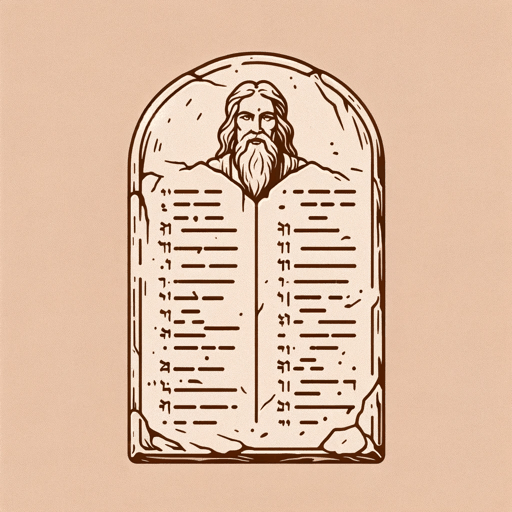43 pages • 1 hour read
AnonymousEveryman
Fiction | Play | Adult | Published in 1485A modern alternative to SparkNotes and CliffsNotes, SuperSummary offers high-quality Study Guides with detailed chapter summaries and analysis of major themes, characters, and more. For select classroom titles, we also provide Teaching Guides with discussion and quiz questions to prompt student engagement.
Story Analysis
Analysis: “Everyman”
Everyman is a morality play, a dramatic genre popular in England between the 14th and 15th centuries. As the term implies, a “morality play” sets out to teach a moral lesson, usually one inspired by Christian doctrine. Morality plays typically feature a protagonist who represents humanity or the average human being, alongside supporting characters who take the form of allegorical or personified concepts.
Like other morality plays of the period, Everyman explores themes of sin, repentance, and salvation. The play assumes a Christian perspective, promoting an emphatically Christian message about “our lives and ending” and “how transitory we be all day” (5, 6). As the Messenger explains in the very first lines of the play (which serve as a prologue), the play will illustrate why those worldly goods such as “Fellowship and Jollity, / Both Strength, Pleasure, and Beauty” do nothing to prepare human beings for death and for their final “reckoning” with God (16-17).
God’s lament, which immediately follows the Messenger’s brief speech, further develops these themes of Sin and Repentance, 







Related Titles
By Anonymous

Arabian Nights
Anonymous

Arden of Faversham
Anonymous

A Woman in Berlin
Anonymous

Bible: New Testament: English Standard Version
Anonymous

Bible: Old Testament: English Standard Version
Anonymous

Deuteronomy
Anonymous

Diary of an Oxygen Thief
Anonymous

Do Not Stand at My Grave and Weep
Anonymous

Hebrew Bible
Anonymous

Holy Bible
Anonymous

Homeric Hymns
Anonymous

Judith
Anonymous

Laxdaela Saga
Anonymous

Lazarillo De Tormes
Anonymous

Mahabharata
Anonymous

Nibelungenlied
Anonymous

Njals Saga
Anonymous

One Thousand and One Nights
Anonymous

Popol Vuh
Anonymous

Sir Gawain and the Green Knight
Anonymous
